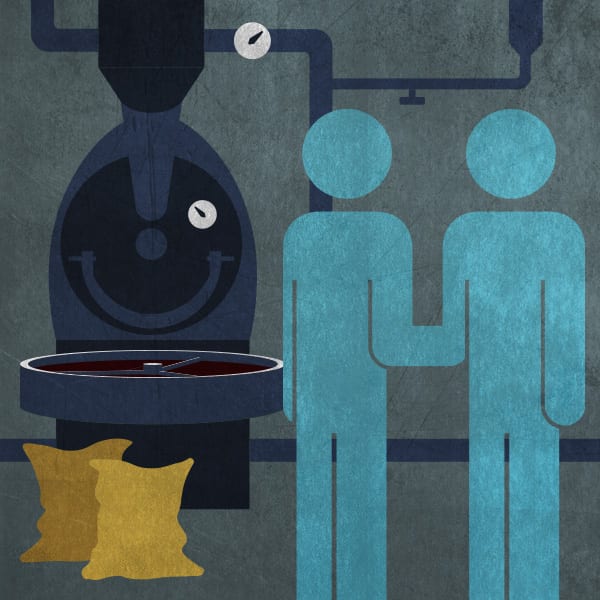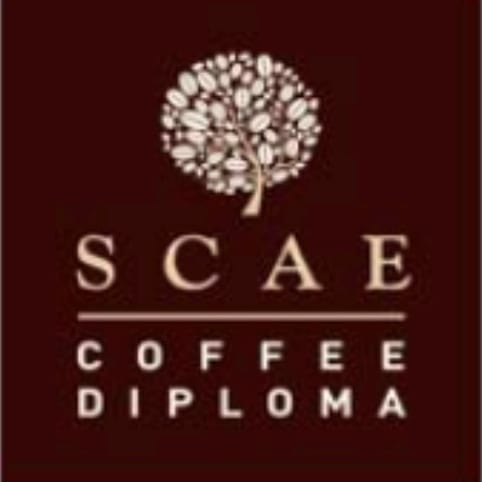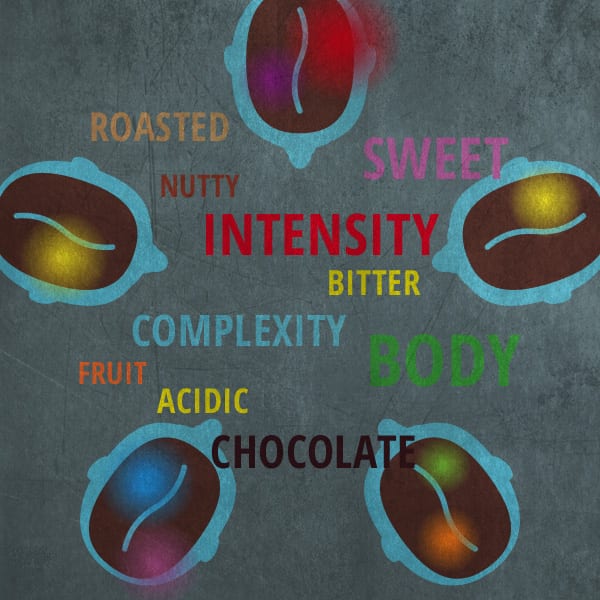As we look forward and enter an exciting new decade in specialty coffee, it is also a good time to reflect on the positive progress that the community has achieved, largely driven by innovation and scientific research coupled with increasing consumer awareness of, and appetite for great-tasting coffee. The pace of technological advances are happening at a breakneck speed and while this is cause for celebration, it can be easy to feel overwhelmed by the sheer amount of information that we now have at our fingertips as a global coffee community.
Having been in the coffee education business for more than 12 years, some interesting trends have emerged that have become clearer to me over time. For example, beyond the scientific and the practical aspects of our coffee craft, we have become excellent storytellers. We enchant our customers with the story of the producer, the farm, the terroir and the complexity of roasting coffee to its fullest sensory potential. We brew our coffee to increasingly exacting standards and parameters. The more we are willing to complicate the process, the more we expect of our customers to be enchanted by this complexity. Of course, there is nothing wrong with this, it is part of our product offer – and rightly so.
But if the tendency to enchant by over complicating the process spills into the field of coffee education, we run the risk of hindering our students from reaching the fastest route to business success. In other words, if we lose track of the broader picture then the blind spots that quality obsession can create leads to confusion in our overall purpose and direction. All too regularly, I have seen that most business problems arise from a narrow product feature focus as to how we define ‘quality;’ especially when it comes to our own personal sensory liking or preferences. By clinging on to our own passionately held pre-conceptions, and expecting our customers to embrace the same subjective value judgements, we can end more doing more harm than good.
Keep it simple – if possible!
Yet the wisdom of the past can also guide our decisions and actions in the future.
In the 14th century, a Franciscan Friar and student of logical reasoning, William of Ockham, wrote about a key principle that still echoes down the centuries and can be applied appropriately to this context. His work Lex Parsimoniae – or the law of briefness – proposed that ‘more things should not be used than are necessary’. This principle went on to be known as Occam’s Razor and is still used today by scientists when faced with a number of possible, or conflicting explanations. By following Ockham’s heuristic approach, we can begin to reduce the number of explanations that we feel obliged to to embrace and focus on what is important.
At CoffeeMind, we believe that a fully grounded sense of proportion and perspective, combined with a clear-headed purpose is the quickest route to a sustainable, successful coffee business. Our education programmes and courses are rooted in a systematic philosophy that strips out the confusion of complexity with scientifically-proven consumer science and industrial design. Our learning model is shaped to accommodate the individual’s passion and vision for quality, but is also integrated with the standpoint of understanding our client and customer needs by offering a diversified product range and here we work aligned with the MAYA (Most Advanced Yet Acceptable) principle of industrial design. This is backed up by our own consumer research project in partnership with the SCA and Copenhagen University in the published article “Quality does not sell itself”. The research explores the divergence between ‘objective’ product quality and preference for coffee in naïve consumers.
Simplification of coffee roasting – an evidence based approach
A clear sign of over-complication of the processes involved is often observed in the roasting education business. The fierce competition to find the smallest possible ‘magic bullet’ that will make any roast perfect is often shrouded in complex assumptions, and increasingly communicated in absolutist terms. We are expected to embrace these assumptions with the same value as what the scientific data is telling us – further adding to the confusion.
That’s why our educational approach is designed to make sense of this complexity through simplification. In our sensory skills programme, we focus on the fundamentals which is the basic tastes and flavours of real food ingredients that are universally recognised – rather than abstract concepts or culturally specific descriptors. In coffee roasting we have a solid foundation in our focus on roast colour. Recent research supports this by mapping out the magnitude of importance of colour against different timing aspects of the roast. This work was presented at SCA’s AST Live event and The Coffee Roasters Guild Camp last year and is now being submitted for scientific publication this week in the open access journal ‘Beverages’. We hope this work to be available for free through this journal under the title “Roasting conditions and coffee flavour: A multi-study empirical investigation”. We expect this work to also become the basis of a new roast-specific cupping form for product development, quality control protocols and education systems later this year where particularly a new roast-specific cupping form could find it’s empirical basis.
As we turn towards another fruitful year in specialty coffee, we call on training centres and community organisations to develop the most helpful methodology for the coffee community to continue growing growing with a clearer purpose – to faithfully serve the coffee community that we are all proud to be part of. And as a global coffee community, let’s apply Occam’s Razor to complexity in 2020 and spend our time where the business impact is greatest.
CoffeeMind Founder
Morten Münchow




